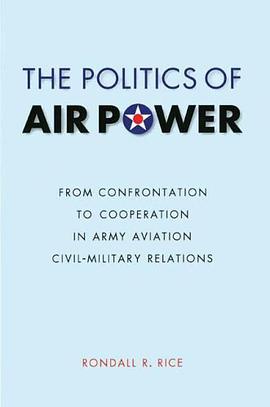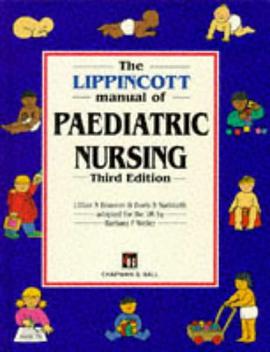

具体描述
"The Politics of Air Power" examines the turbulent development of relations between U.S. Army aviation leaders and civilian officials during the 1920s and 1930s. In the early 1920s Brigadier General William 'Billy' Mitchell and a group of Army Air Service officers tried to force the creation of an independent air force against presidential wishes. They forged political alliances, used propaganda to arouse public sentiment, and circumvented their superiors to appeal directly to congressmen. Mitchell, a flamboyant, popular, and powerful personality, led these efforts and was ultimately court-martialed. Following Mitchell, aviation leaders were careful to avoid distressing presidents, Congresses, and an American public upset at Mitchell's challenges to civilian control. Tensions persisted, however, and the Air Corps took another step backward when Major General Benjamin Foulois misled Congress and the president and revived the image of the Air Corps as a radical element. Not until Major Generals Oscar Westover and 'Hap' Arnold, a former radical himself, abandoned the crusade for immediate independence and emphasized co-operation within the Army and with civilian authorities did the Air Corps develop a stable and co-operative relationship with the president and Congress. Rondall R. Rice demonstrates that during the interwar period, civil-military relations between Army aviation leaders and civilian officials developed unevenly from confrontation to cooperation. A veteran of three wars, Rondall R. Rice has been on active duty in the United States Air Force for more than fifteen years and is an assistant professor of history at the United States Air Force Academy.
作者简介
目录信息
读后感
评分
评分
评分
评分
用户评价
相关图书
本站所有内容均为互联网搜索引擎提供的公开搜索信息,本站不存储任何数据与内容,任何内容与数据均与本站无关,如有需要请联系相关搜索引擎包括但不限于百度,google,bing,sogou 等
© 2026 book.quotespace.org All Rights Reserved. 小美书屋 版权所有




















